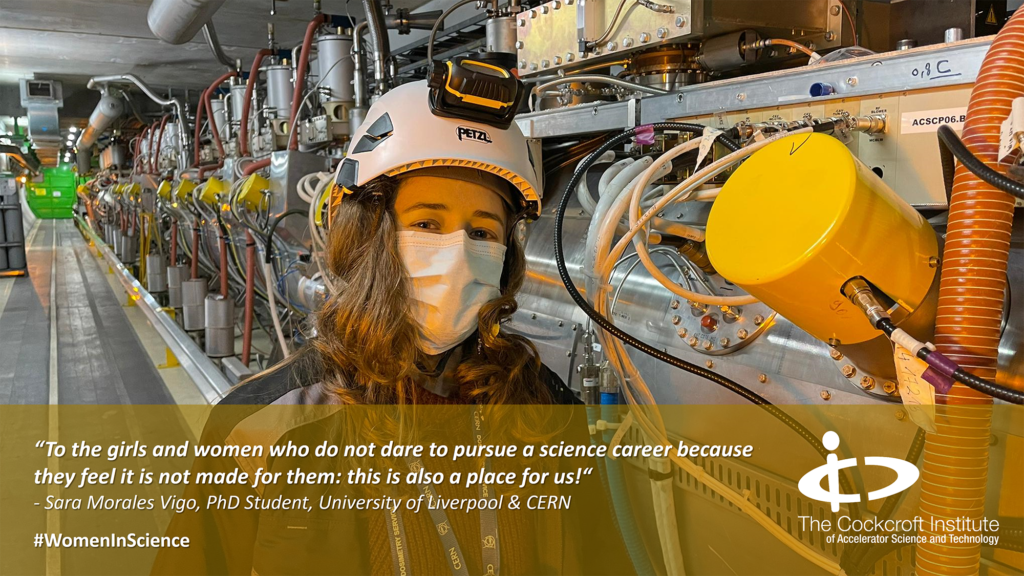
My interest in science started from a very young age. I used to drive my parents crazy asking questions about everything that surrounded me, trying to understand how every little thing works. I really enjoyed going to school and finding some of these answers to my questions, or even better, new questions I had never thought about before. In a world where it’s hard to find female role models regarding science in the media, I was very lucky to have some excellent female teachers that inspired me through so many years and always encouraged me to pursue a science career. I think that if it had not been for them, I would not have become the person I am today.
However, when the moment came to decide what I wanted to study at university, it was not easy. Not only I had the feeling that I was limiting myself by having to choose only one thing, but I also had another big passion – dancing. I was very dedicated to it and one of my dreams was to do it professionally. In the end, I followed my instincts and with a little help from my family and friends decided to go for Physics. Why Physics? I found it the best option for me to get a general overview of different research topics before embarking on a specific one. I kept dance as a hobby. Still today, as soon as I finish at work I put on my ballet clothes and go to the dance studio.
“To the girls and women who do not dare to pursue a science career because they feel it is not made for them: this is also a place for us!”
Sara Morales Vigo
I completed my undergraduate studies in Seville, Spain. I remember that in my first year around 20% of the new students were women. I did not understand why my professors were so surprised by that number until I realized that there were barely any women working at the faculty, and those who were would only teach at the lower levels. Anyway, this fact did not discourage me and I always felt supported by both my teachers and classmates. The great majority of these women that started with me also continued and are today working towards their PhDs, teaching or in industry.
I spent one year in Bordeaux, France as part of the Erasmus program. While I was there, I attended a course on particle physics in Annecy, a French city near Geneva. One day we visited some facilities at CERN and at some point I approached our guide, who was a PhD student, to ask him about his experience. He told me about all the opportunities at CERN for students, and I knew I had to try and apply for it. I was lucky to be given a studentship for 14 months in the section that is in charge of designing, building and operating devices that detect beam losses in the CERN accelerator complex. For my project I had to analyze the signals from these detectors and foresee any limitations in the system for future periods of operation.
I was offered to continue working in the section as PhD student in collaboration with the University of Liverpool / Cockcroft Institute. Currently I am developing beam loss pattern recognition algorithm that will hopefully help improve the accelerators performance. I cannot wait for the restart of the accelerators this year to start testing the outcomes of my research! What I love about working at CERN is its multicultural environment, and the feeling to be engaged in a massive project with so many inspiring people, working all together towards a common goal.
